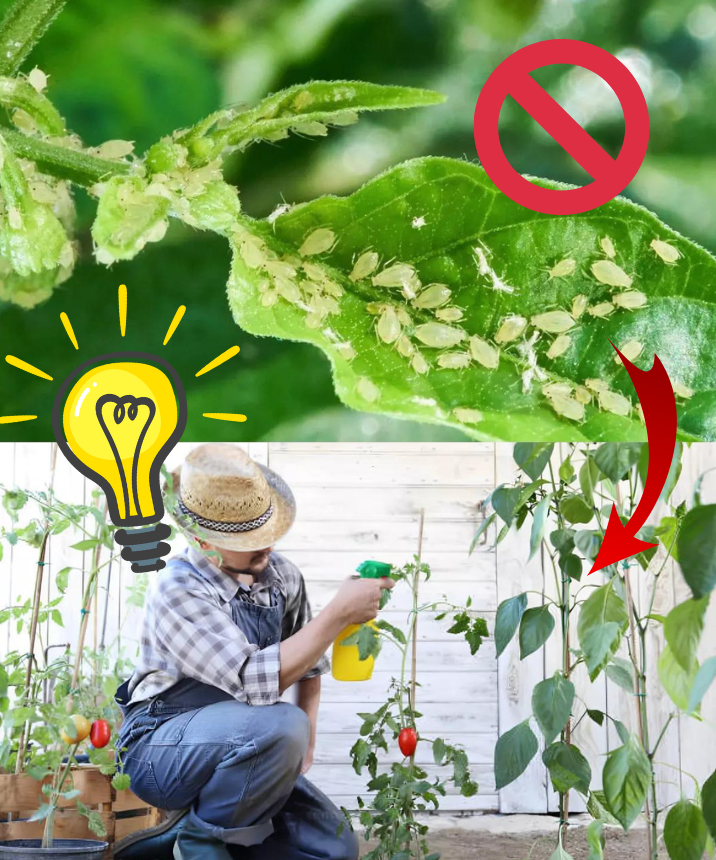Whiteflies, also known as whiteflies, are common pests in tomato crops. Their presence can cause significant damage to plants, thereby reducing yield and fruit quality. Fortunately, there are several treatment products available to control and eliminate whiteflies on tomatoes. In this comprehensive guide, we will explore different treatment options to effectively combat these pests.
Identifying Whiteflies on Tomatoes:
Whiteflies are small flying insects that congregate on the leaves and stems of tomato plants. They feed on the sap of plants, weakening their growth and development. They also leave a sticky substance called honeydew, which promotes the growth of black mold.
Treatment Options for Whiteflies on Tomatoes:
- Pyrethrin-Based Insecticides: Pyrethrin-based insecticides are chemicals derived from chrysanthemums and are considered relatively safe for use in home gardens. They can be sprayed directly on infested plants to kill whiteflies.
- Insecticidal Soap: Insecticidal soaps, such as Marseille soap or black soap, are effective in controlling whiteflies. Mix a small amount of soap with water and spray the solution on affected plants.
- Neem Oil: Neem oil is a natural insecticide that can be used to combat whiteflies. Dilute a few teaspoons of neem oil in water and spray the solution on infested plants.
- Pepper Extract: Pepper extract is a natural repellent that can be effective against whiteflies. Mix a few drops of pepper extract in water and spray the solution on plants.
- Natural Predators: Encourage natural predators of whiteflies, such as ladybugs and parasitic wasps, by planting flowers that attract them in your garden. These predatory insects feed on whiteflies and can help control their population naturally.
Preventing Whiteflies on Tomatoes:
In addition to treating whiteflies already present on tomatoes, it is important to take preventive measures to avoid future infestations:
- Crop Rotation: Avoid planting tomatoes in the same areas of the garden every year to reduce the risk of whitefly infestation.
- Regular Cleaning: Remove weeds and garden debris to eliminate potential hiding places for whiteflies.
- Continuous Monitoring: Regularly inspect your tomato plants for early signs of whitefly infestation and take prompt action to prevent their spread.
By following these recommendations and using appropriate treatment products, you can effectively control whiteflies on your tomato plants and protect your harvest from damage caused by these pests. Always follow label instructions when using chemicals and prioritize natural solutions whenever possible to minimize environmental impacts.
